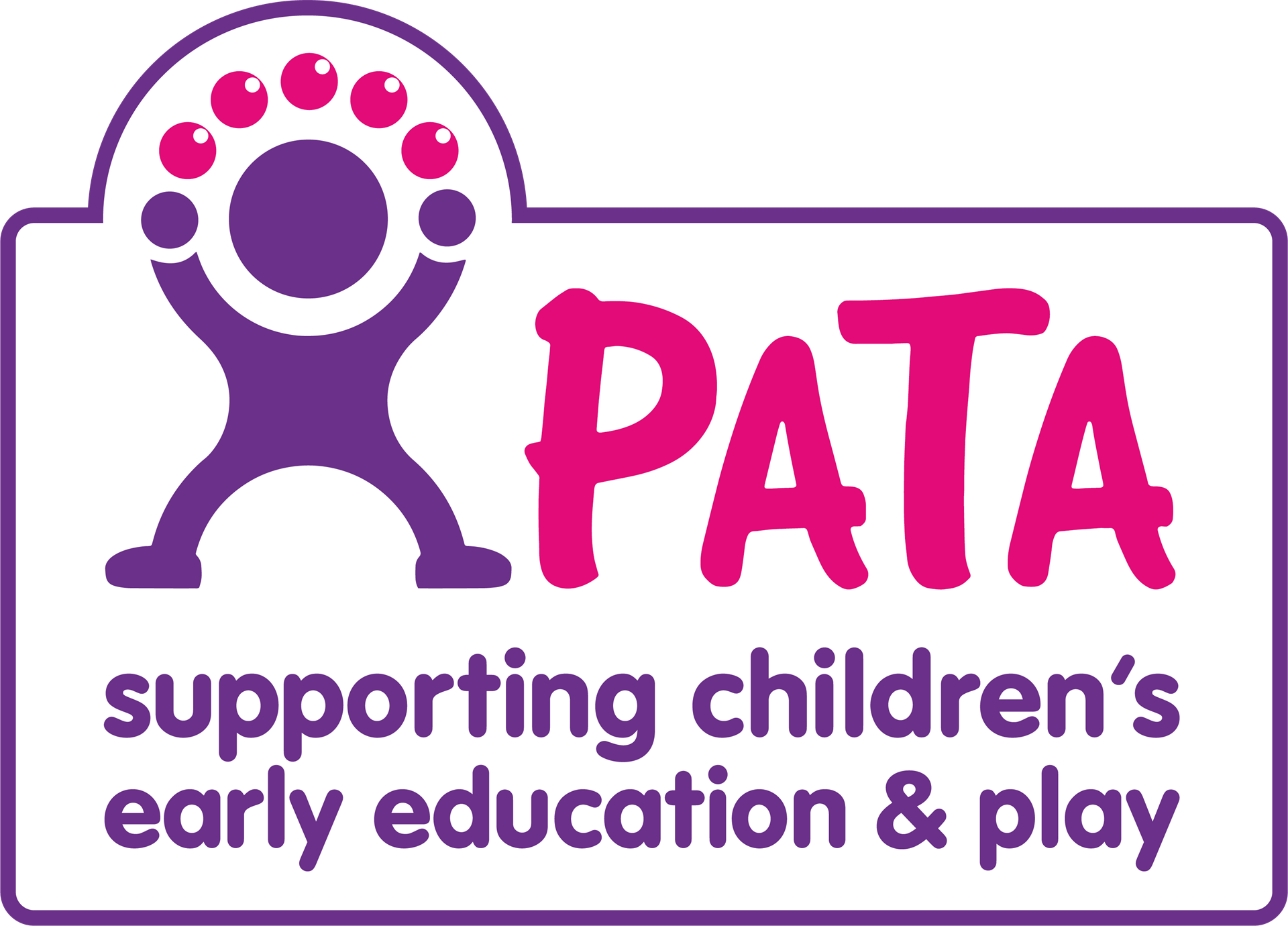We monitor all Ofsted reports for Early Years settings in Gloucestershire and there have been a number recently where curriculum has been highlighted. In some cases this is because there isn’t a curriculum in place or it isn’t adequate, or because practitioners aren’t able to explain it to the inspector. We also understand that under the new Ofsted inspection framework due in the late Autumn (which Ofsted are currently consulting on) it’s likely that you will be asked about your curriculum in the pre-visit phone calls.
We know that for many small settings being asked to ‘write’ a curriculum can seem like a daunting challenge, but hopefully we can help you to break it down and see that you probably already have something in place. If you’ve got a great curriculum that you’re happy with, keep reading for some tips on supporting staff during inspections!
Essentially your curriculum is what you want the children in your care to learn in the time that you have them. It has its roots in the EYFS and documents such as Development Matters or Birth to Five but these aren’t detailed enough or specific enough to your cohort. It’s delivered through the style of teaching that you use (your pedagogy), for example ‘Planning in the Moment’ or the ‘Curiosity Approach’ but again these are pedagogies and not curricula.
The DfE says that to write your curriculum “you will need to:
- understand what children already know and can do
- identify what you want children to learn and why you want them to learn it now
- ensure the curriculum is holistic and supports the development of all areas of learning, particularly in developing language and extending vocabulary (one of the three prime areas)
- plan how will you work in partnership with parents and carers, and other professionals where relevant”
Source: https://help-for-early-years-providers.education.gov.uk/support-for-practitioners/curriculum-planning
Do I need to write a long formal document?
The short answer to this is no! In fact there’s no requirement for you to have a written curriculum at all. However, if you don’t have anything written down you will need to be very certain that your whole team fully understand and can explain what the curriculum is. This is a big ask, especially for inexperienced staff or anyone new to your setting.
It can be great to get your team involved in writing the curriculum – you can identify together the aims for your setting and this can make it feel more ‘organic’ rather than something imposed on them. In one of our settings they have a display board with the curriculum laid out. Staff are constantly adding post-it notes with ideas and suggestions which can be debated and incorporated. No child will ‘complete’ the curriculum.
How will staff remember the curriculum when an inspector asks them?
Firstly, they aren’t going to have to recite it in minute detail, but they will need to be able to talk confidently, show that they understand what a curriculum is and explain how they are using it in practice.
If you’ve involved staff in developing the curriculum it will be much easier for them to talk about it and explain it. If it’s seen as a ‘live’ document which is talked about and referenced regularly they will be more confident. And there’s nothing wrong with having prompts on the walls which staff can show to an inspector to help them to explain. As we said above, one of our settings has a big display with the whole curriculum sequenced, another has small reminders around the room.
In an inspection last year a practitioner mentioned to the inspector that they have visual reminders up of what the curriculum is and the inspector liked it so much she asked for a copy!

If you don’t yet have a curriculum or aren’t confident that it is ‘enough’ we have a ‘Creating a Curriculum’ workshop running this Thursday (3rd April) from 6 – 8pm. There are still a few places left so you can book here. It’ll be a very friendly, practical session, with no judgement about your starting point or what you’ve done (or not done) so far. You can book here: PATA (UK) - Workshop - Creating a Curriculum
Other useful resources:
Blog post on ‘Build your own curriculum’ from FAMLY here
Article explaining briefly what a curriculum is from the Department for Education here
